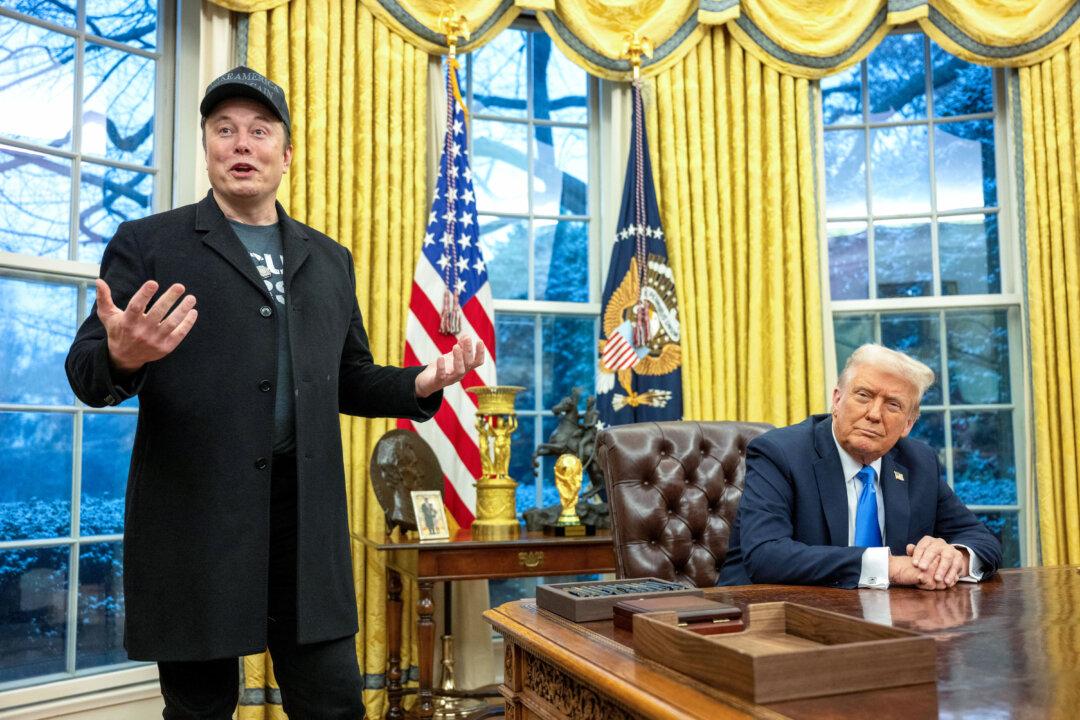Attorneys general from 14 states filed a lawsuit on Thursday against the Department of Government Efficiency (DOGE), its head Elon Musk, and President Donald Trump, challenging the administration’s delegation of authority to Musk.
The group, led by New Mexico Attorney General Raul Torrez, alleged that the “sweeping authority” granted by the Trump administration to Musk is unconstitutional because he has not been confirmed by the Senate.





